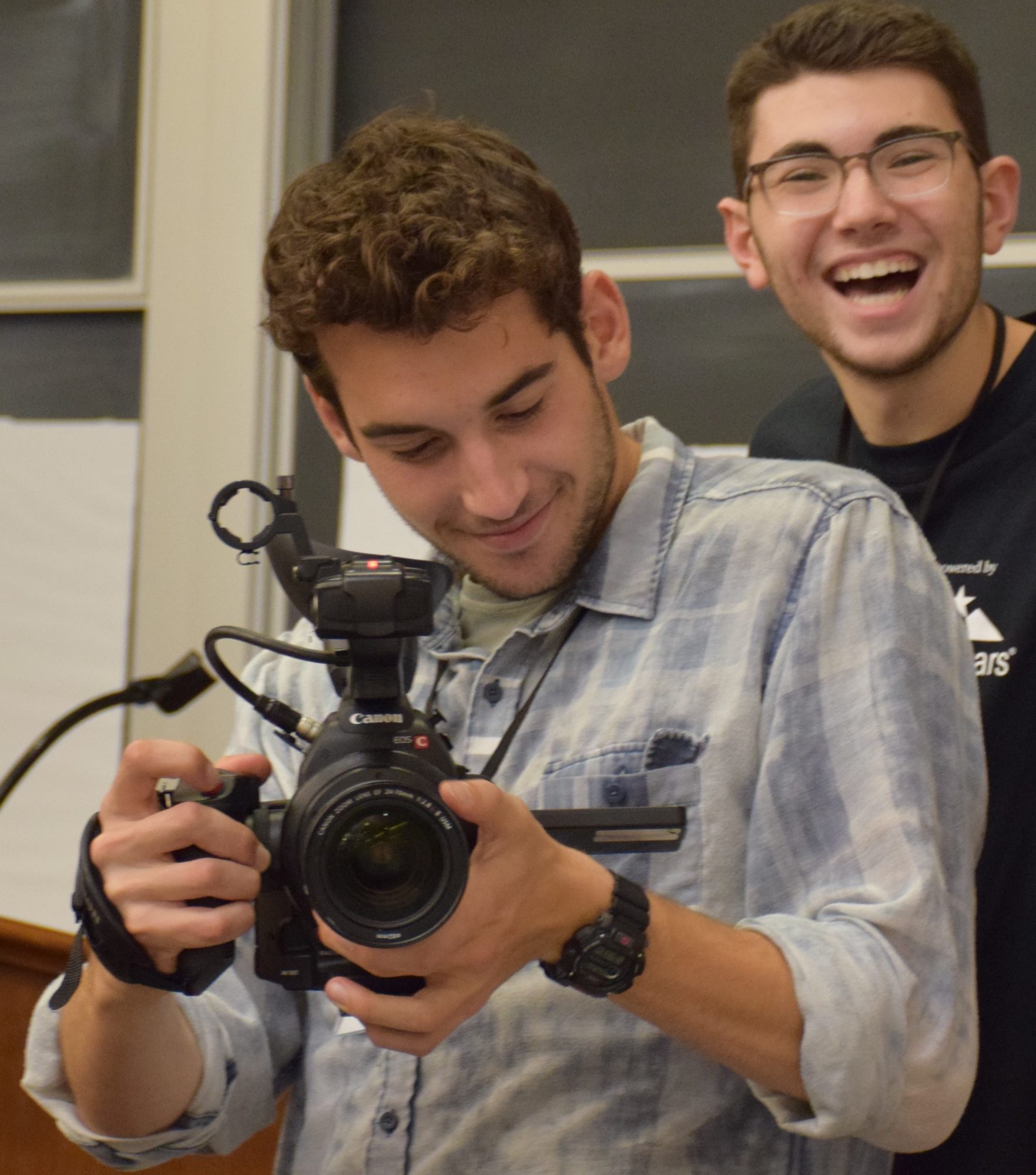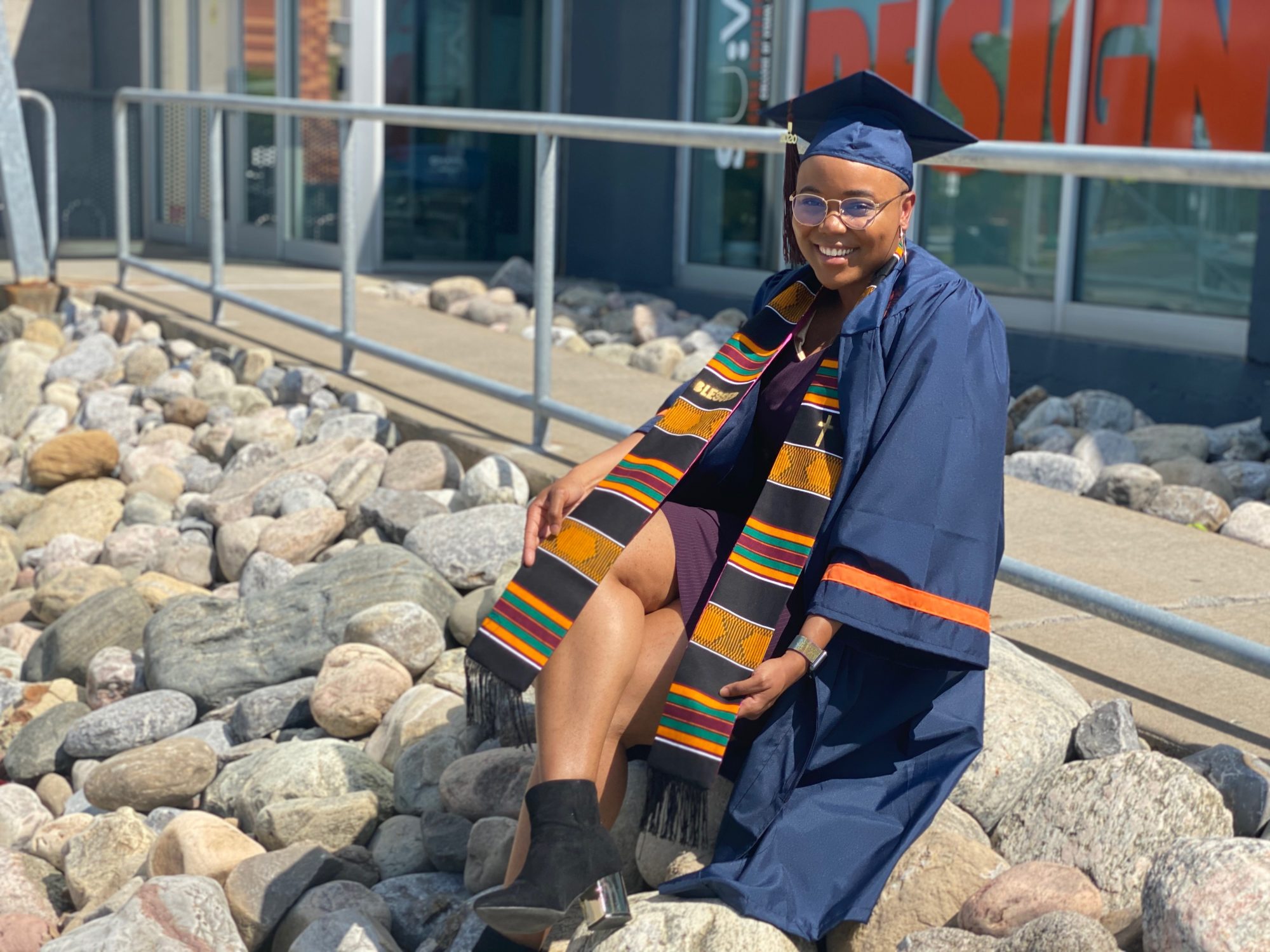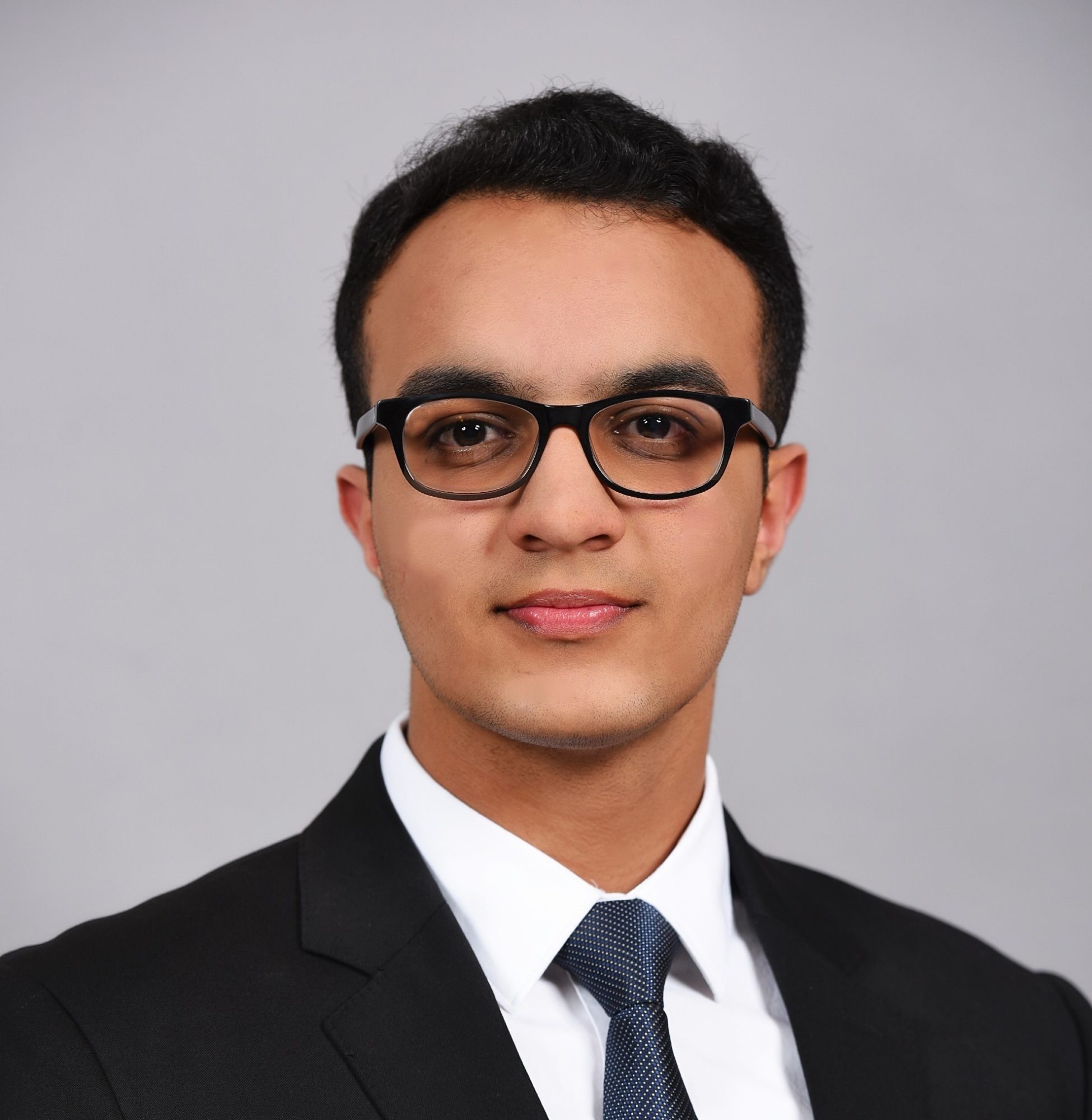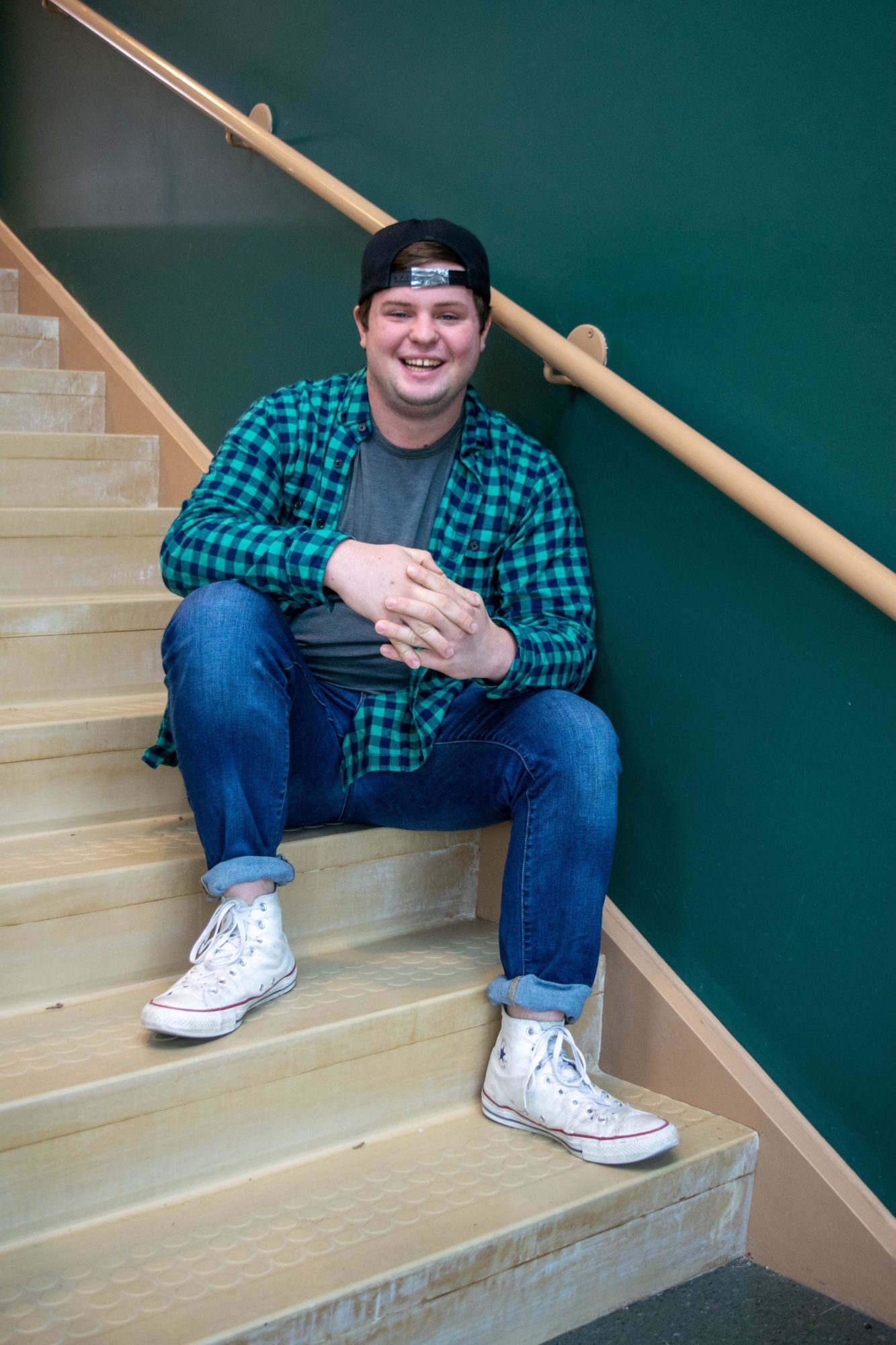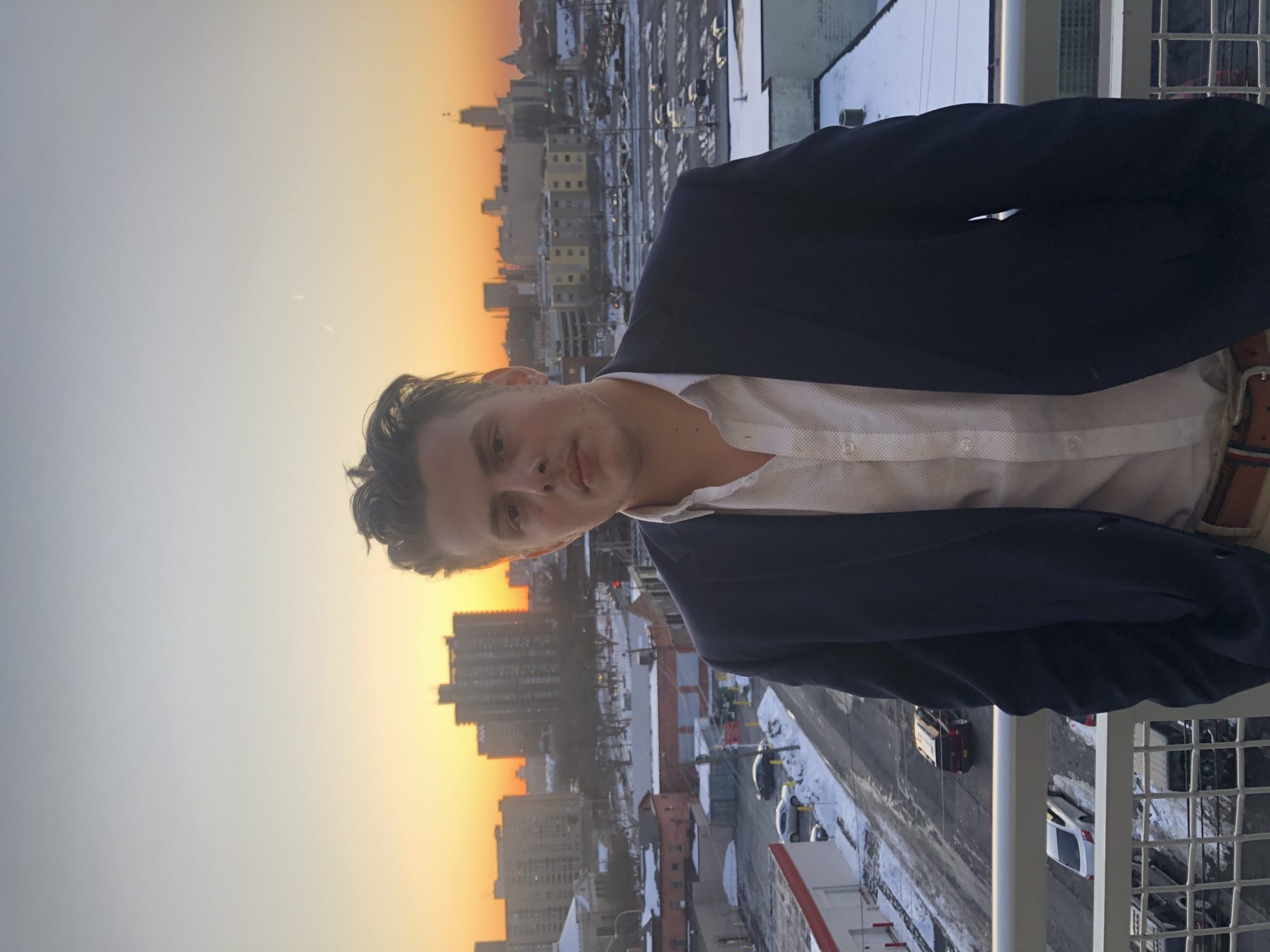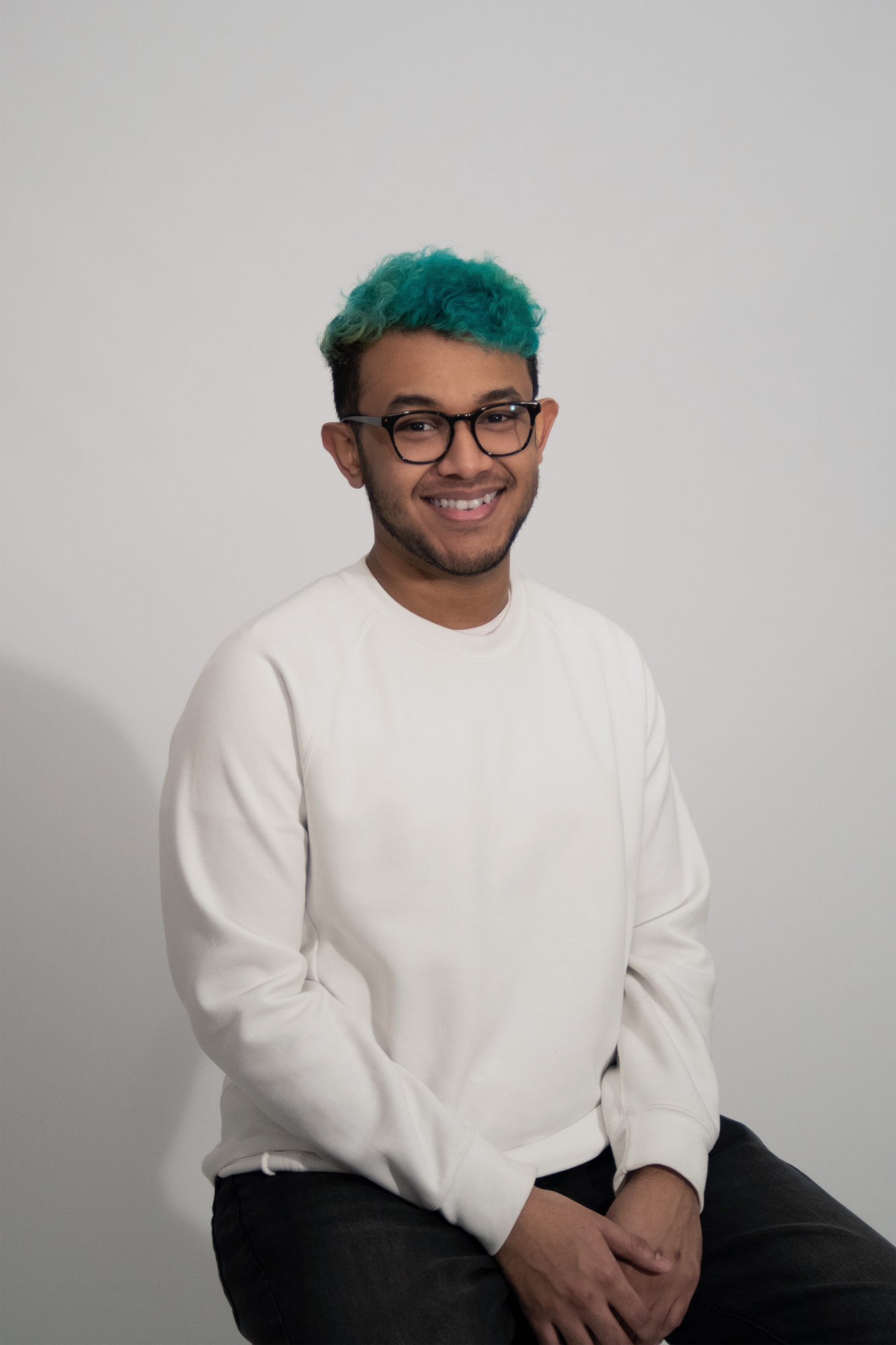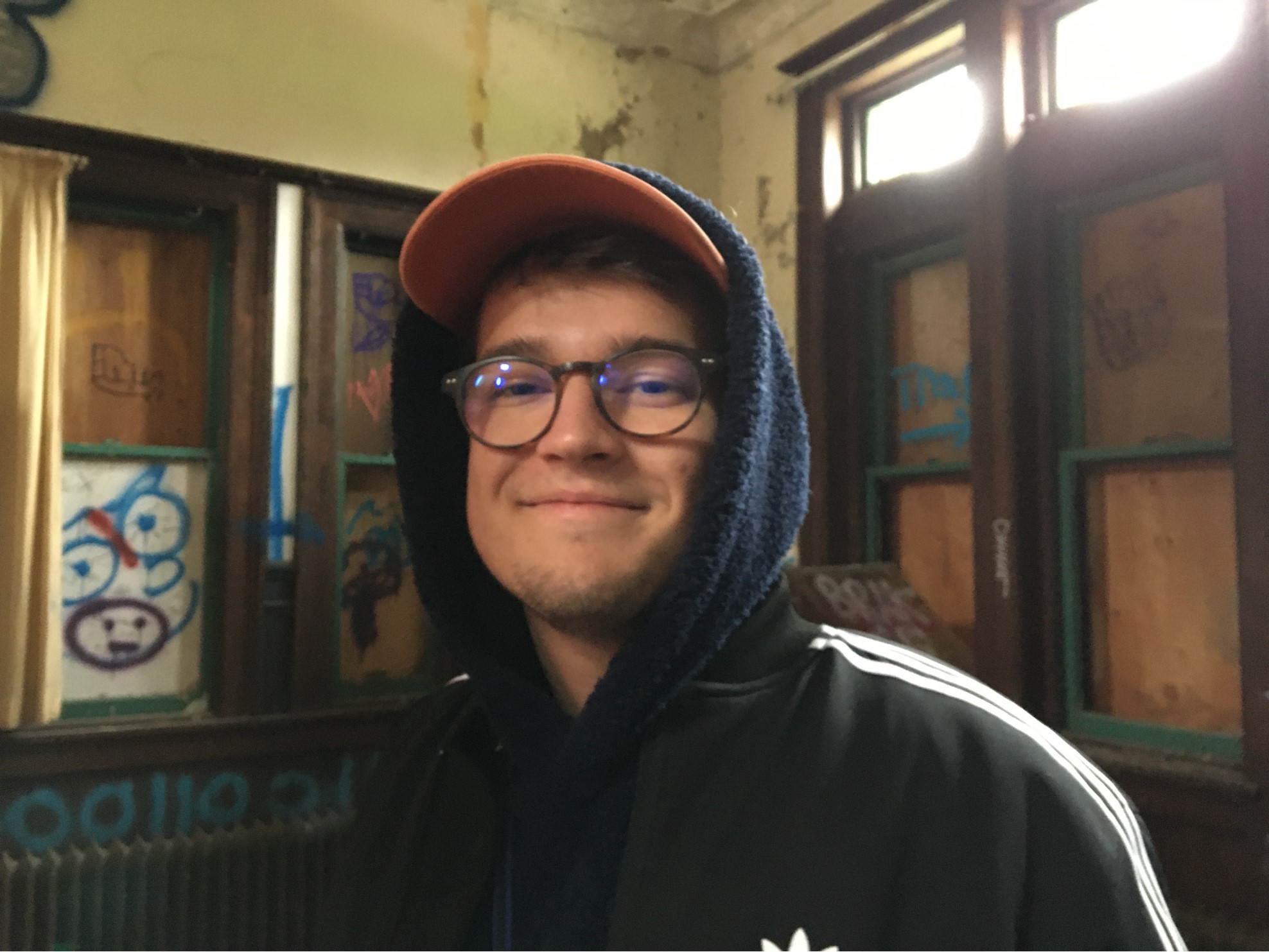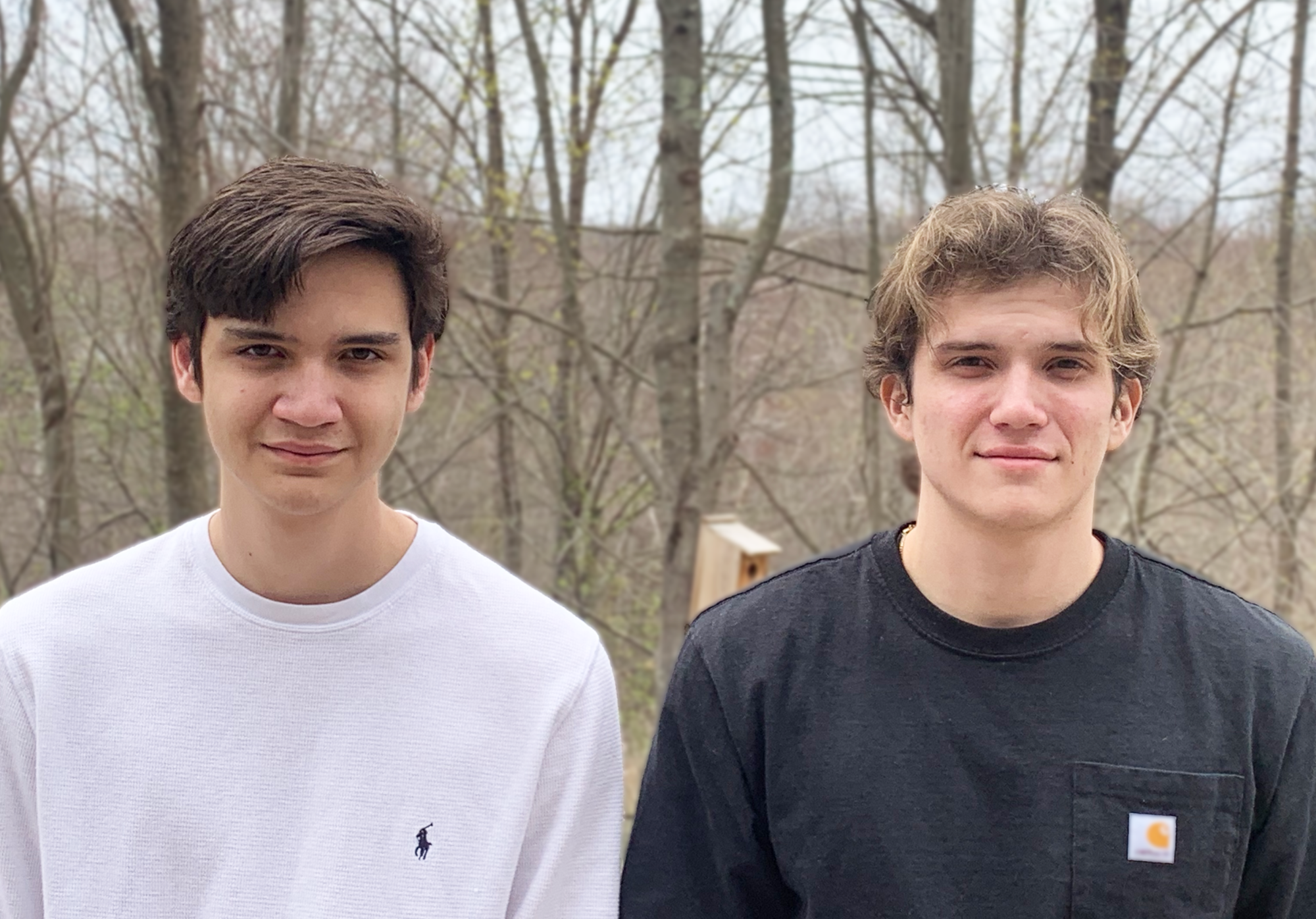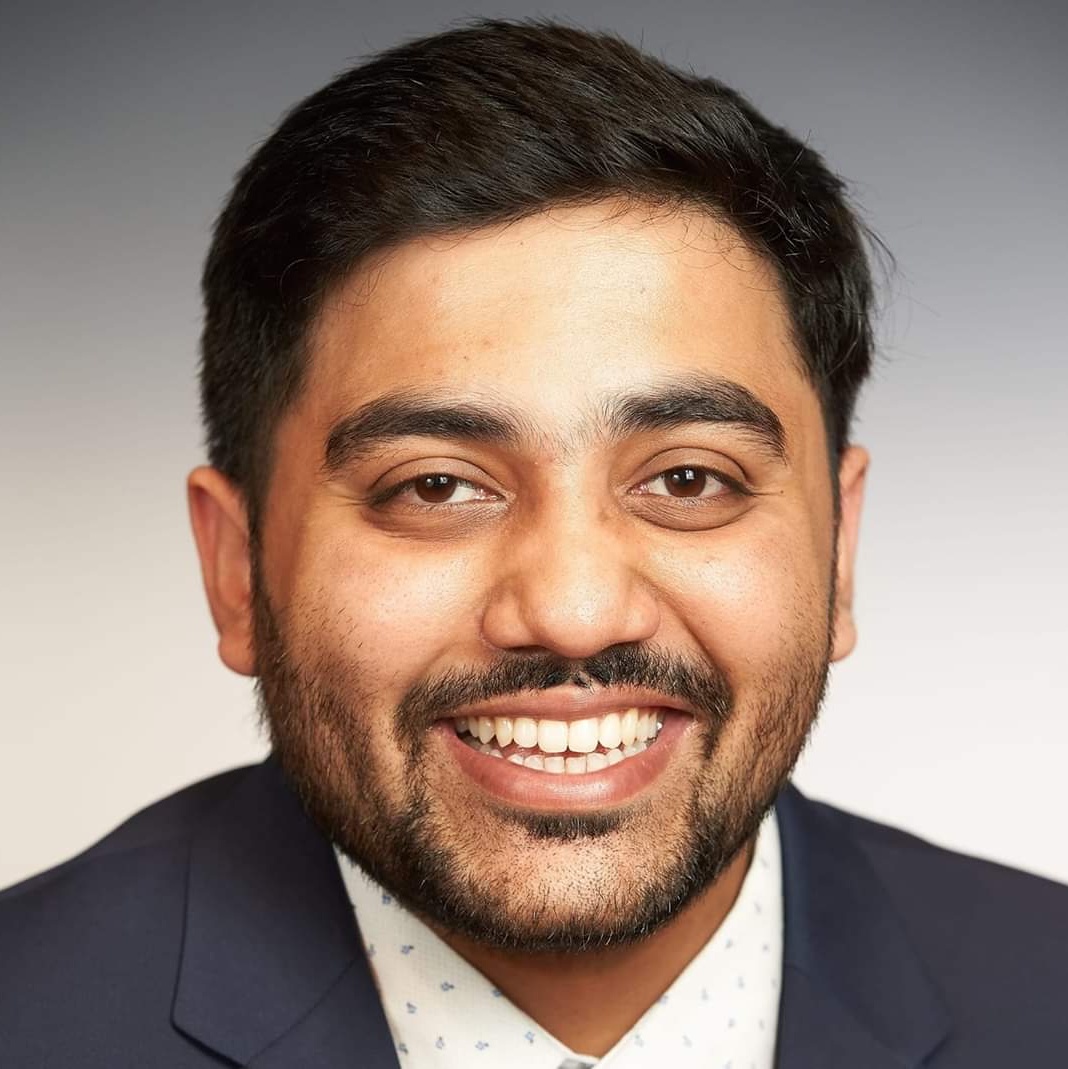
When a new employee joins a large firm, they are typically offered benefits on top of salary. Many large companies pride themselves on their benefits packages which include paid family leave, contributions to retirement accounts, stock options and health insurance. One very important benefit can be a dental insurance plan. While large corporations with over 500 employees typically offer some form of dental coverage, it usually an expensive option. For millions of small and medium sized businesses, it is simply an unaffordable option. It is a sad fact that 74 million people in this country go without dental insurance. That is one out of every three people. LaunchPad startup, Promptous, co-founded by a team of Syracuse University alumni and former students, are working hard to change that.
One of the Promptous team members has been Pratik Paranjape G ’20, who just completed a master’s degree in cybersecurity from the College of Engineering and Computer Science at Syracuse University. He was a network security analyst intern at Promptous this year, and a key part of the team that is building a digital health solution in the insurtech space. Paranjape immediately saw the value proposition of the team’s premise. “Conventional dental coverage plans usually end up hurting the dentists as well as the employees and employers. They are expensive, hard to manage and not transparent.”
As Paranjape explains, large companies are typically restricted to a limited set of dental coverage plans that they can offer to their employees. Promptous introduces flexibility and cost savings by allowing companies to choose coverage ‘a la carte’ and creating transparency and predictability around pricing. Moreover, the platform also facilitates direct payments to dentists without insurance companies being the mediators of the transaction, which can sometimes take months to sort out. This drastically simplifies the process and flow, and allows dentists, patients and employers to accurately predict estimates and get reimbursed in real time.
“After looking at how things were being done, we saw the opportunity to create accessibility, predictability and cost savings by automating the process.” He explains how meaningful the cost burden was and how beneficial it could be to have this process simplified. “In the United States, employers pay around $52 billion per year for insurance. Promptous can help save about 30% of that, or about $200 per person.” Promptous provides a platform that doesn’t exist with traditional insurance plans.
As the company is about to enter the beta release of the platform, he reminisces about how he came to be involved in the team. “I was an international student, and when co-founders Phil McKnight and Josh Jackson saw my skill set, they wanted me on the team right away. Unfortunately, my student visa status kept me from doing that. I had to wait at least nine months for Promptous to enter into a formal internship process through the CASE Center at Syracuse University.” During this time Paranjape worked as a volunteer team member, as Promptous created its product development and business roadmap as members of the Blackstone LaunchPad powered by Techstars at SU Libraries. He learned about ways that international students can engage in entrepreneurship, and through an eventual Promptous agreement with the CASE Center, was able to become an intern with the venture, assuming various roles centered around data security.
He shares the camaraderie of the team. “Last Thanksgiving break, when we were just starting to get set up, we needed to invest in our own equipment. The company bootstrapped resources to purchase equipment including laptops to distribute to team members to keep bolster capacity. “We really came into our own, and looked after each other,” he shares.
Like so many other companies, Promptous sees challenges caused by the pandemic. It also sees the opportunity to unleash innovation in the digital health and insurtech space. The team was used to working together physically in the LaunchPad, and converted fully to remote work in mid-March, quickly adapting. “Fortunately, we are a distributed team of innovators, so we could easily adjust to the new reality.”
The team also saw even more interest in their platform as dental practices looked to re-structure their front office operations to ensure and enhance patient safety, and as employers looked for digital solutions to streamline their processes and produce cost savings.
The team even closed on its first two external investments by LaunchNY and CenterState CEO during the pandemic. It is also seeing increased interest from the industry and insurance brokers.
For Paranjape, working on his master’s degree while being part of Promptous has been rewarding. He compares the team to a family who creatively challenges him. After graduation and the conclusion of his internship, he will remain engaged with the company as he also pursues his own career. “I will definitely consult and help whenever I’m needed. I am so thankful to Josh and Phil for their leadership and support building Promptous.”
He also is appreciative of the LaunchPad. “Linda’s guidance seriously helped us. I cannot stress that part enough. She connected us with every resource on campus, as well as outside investors, advisors and programs through Techstars to help us.” He also valued the LaunchPad’s stimulating environment which provided the supportive community and setting for the team to put in the long hours it took to develop the platform. It was a place they truly called home, as well as headquarters.
People may think of insurance in a certain way. But ultimately, insurance is there to create a helping hand when you need it. Thanks to teamwork, Promptous is on its way to revolutionizing the dental insurance industry by creating a smart and simple technology solution, and through good old-fashioned camaraderie. Promptous takes the industry concept of lending a helping hand to a new level in the digital age.
Story by Blackstone LaunchPad Global Media Fellow Krishna Pamidi Photo supplied
